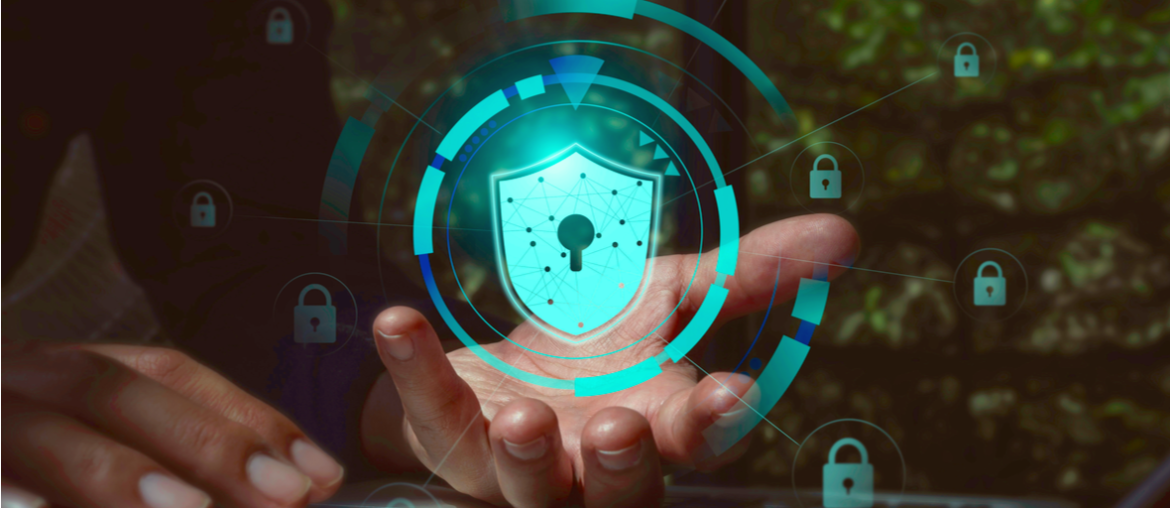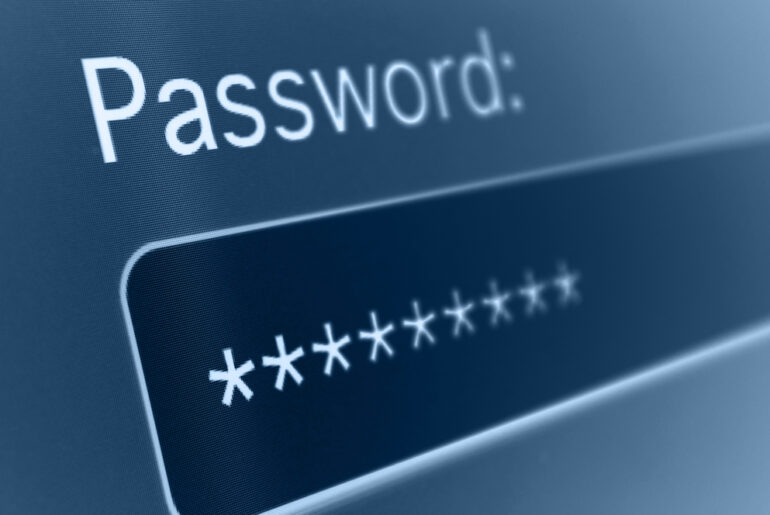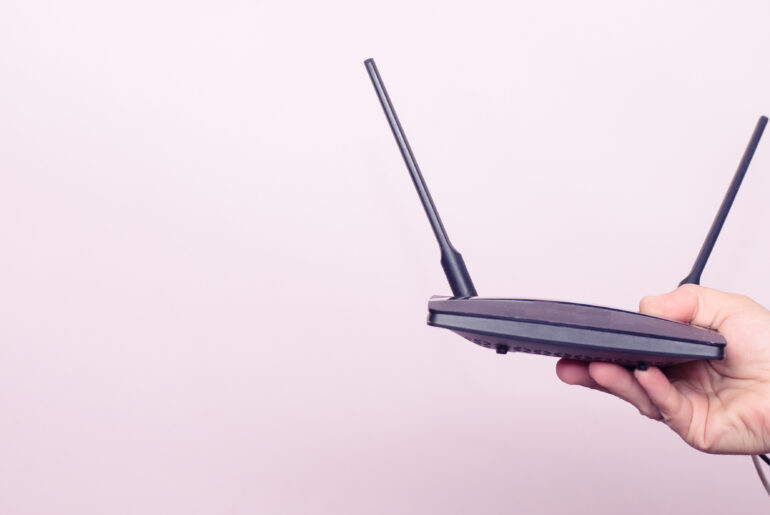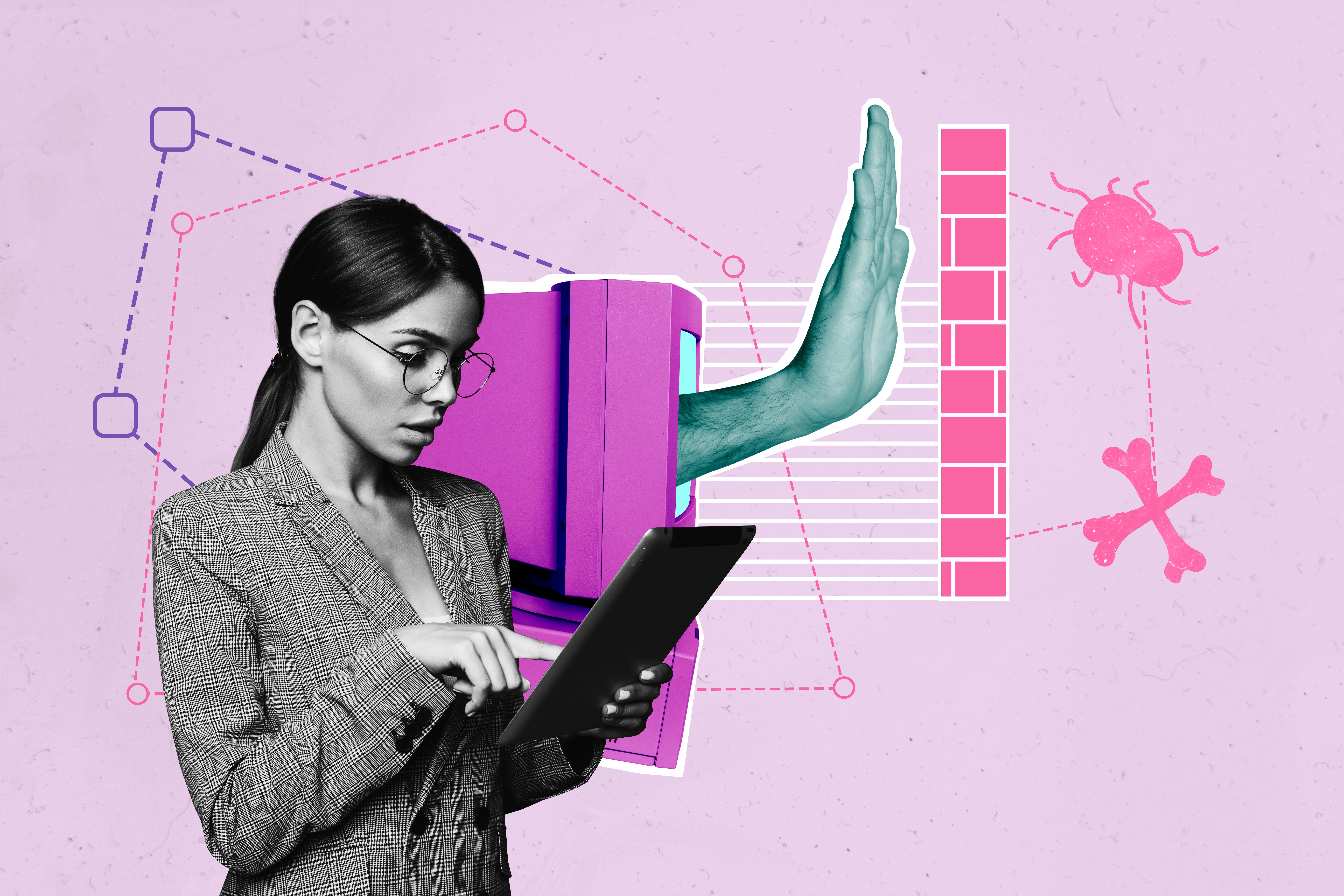When you need a reliable way to keep your personal information safe on the Internet, using a VPN can help. VPNs are built to protect your data from cyber-attacks and other potential threats like invasive spying or malware. Certain facts about VPNs and how they function have been misconstrued on the Internet, but understanding VPNs is important for increasing your security hygiene. Let’s explore the most common misconceptions about VPNs and dispel myths about their use and functionality.
What is a VPN?
A VPN is a Virtual Private Network that encrypts your location information by masking your IP address. When you use a VPN on your device, it protects your IP address by routing it through a server in another location. This gives you more control over your privacy and makes it more challenging for cybercriminals to obtain your sensitive data.
When a VPN encrypts your connection, it scrambles the information that you send over your network to ensure your privacy. This helps reduce the likelihood of an attack by cybercriminals or invasive spying from the government and your ISP. Using a VPN makes your online activity more secure than using a private browsing mode or clearing your web history. Not only are you protecting yourself from prying eyes, but you are also safeguarding both your system and data.
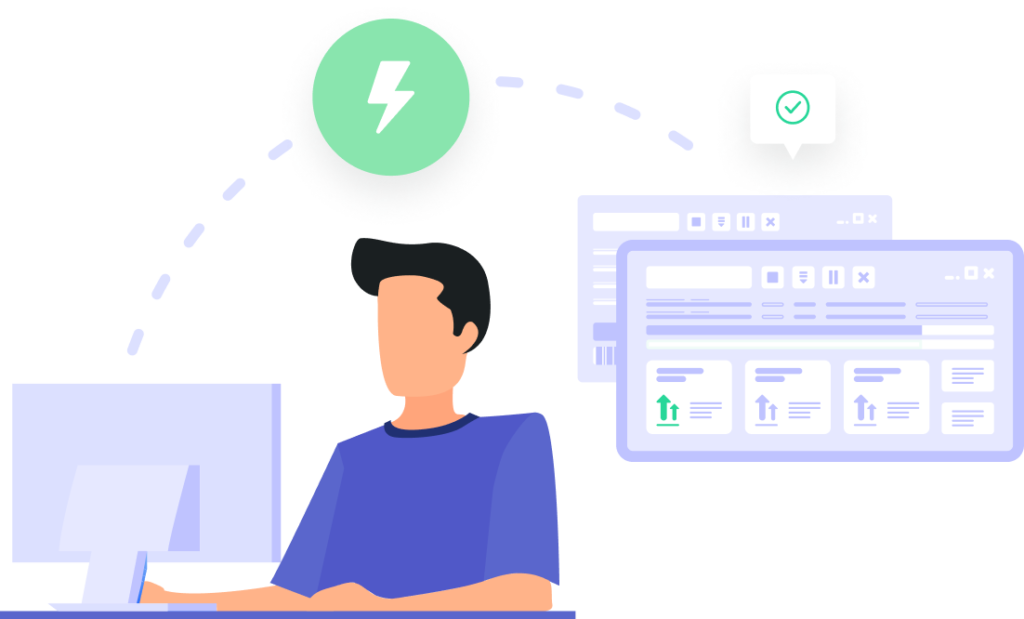
Common VPN Misconceptions
The use of VPNs is a contentious topic for some Internet users. However, much of the debates around VPN usage are misconceptions about their operation and how they protect your privacy. Let’s take a look at some of the most common VPN misconceptions that exist on the Internet.
1. VPNs drastically reduce Internet speeds.
Depending on the type of encryption that you have, many VPNs have the potential to slow down your connection. If you only use your devices to browse the Internet, you might not notice any significant reductions. Luckily, you can change your VPN settings to accommodate your speed and security needs. Adjusting your encryption type and your location can help improve
TIP: Increase your VPN speed by connecting to a server in your home country.
2. You don’t need to use a VPN if you have nothing to hide.
Some people may believe that VPNs are only for those who are trying to cover up their online activity or hide their private files. Although using a VPN is a great way for anyone to keep their Internet history secure, especially during the holidays when shopping online for gifts, there are many other reasons to use a VPN. Masking your IP address can keep you safe from many forms of cyber attacks, as well as invasive Internet providers or cyber-attackers. Using a VPN to protect your privacy is a great first step towards reliable online protection.
3. VPNs are illegal.
In some countries around the world, the government has strict control over how its citizens use the Internet. Notably, ten countries have banned the use of a VPN, including Russia, China, North Korea, Belarus, Turkmenistan, Uganda, UAE, Iraq, Oman, and Turkey. In countries without censorship, however, using a VPN is perfectly legal. Using a VPN is often mistakenly attributed to malicious hackers, but they are used by millions of users worldwide to protect their privacy and security.
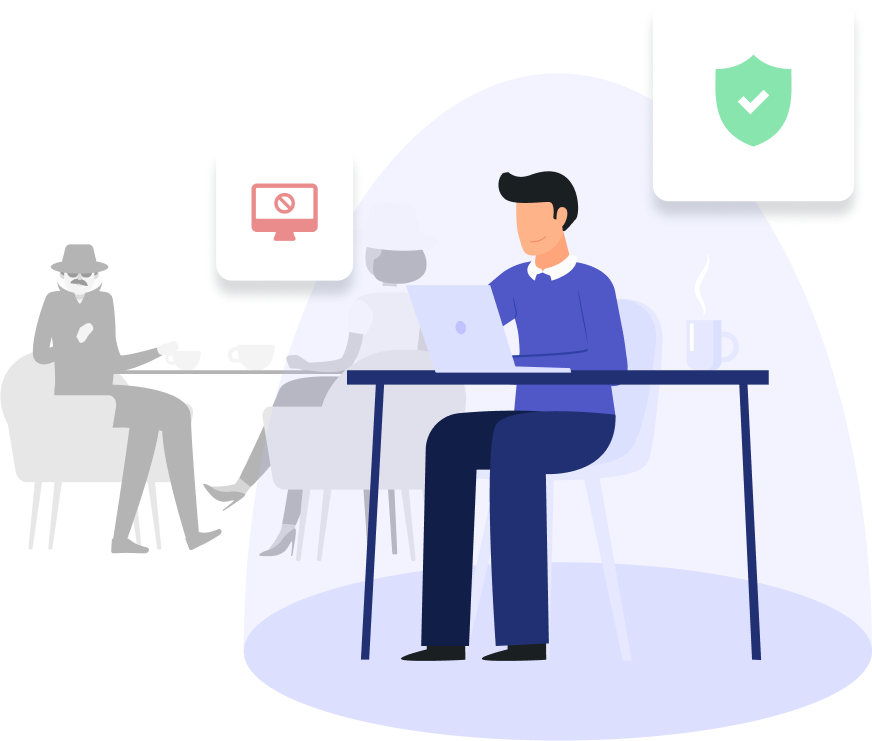
4. You don’t need a VPN on your phone.
Some users believe that owning an iPhone means that they don’t need to use a VPN because of the high level of security that Apple implements. Although iOS devices have VPNs built into the software, installing a standalone VPN will improve your level of privacy. No matter what brand of phone you use, it’s important to keep your device secure. Unfortunately, it’s hard to know what information a provider is recording, which is why getting a VPN on your phone is more important than ever.
5. VPNs are hard to use unless you’re tech-savvy.
If you aren’t comfortable with technology, the idea of introducing another layer of security to your devices can seem intimidating at first. However, using a VPN is simple, which is especially true if you are only using it to casually browse the Internet. After you download your VPN, simply select your server and connect. It’s easy to use a VPN on a PC, Mac, Android, or iOS device, and some VPNs are even available for your smart TV.
6. Using a VPN will keep you 100% safe.
Unfortunately, there is no surefire way to keep yourself completely protected on the Internet and there is no software that can promise total security. Cybercriminals and threat actors will do whatever it takes to get your information if they are desperate. This is especially true when it comes to social engineering attacks like phishing or scareware. However, when you use a VPN, you have protection against ransomware, certain types of malware, and invasive third parties spying on your activity.
Get Unlimited VPN Protection from PrivadoVPN
Now that you know the truth about VPNs, you’ll likely want to look for one that best suits your needs. With PrivadoVPN, you can take back control of your online privacy and tailor your VPN experience to get more protection. Using a VPN on all of your devices gives you better security whether you’re at home or on the go. When you sign up for premium access to PrivadoVPN, you can create up to 10 simultaneous connections from one device and ensure that your phone, computer, and even your smart TV are protected.
Increase your online privacy today with access to unlimited VPN protection from PrivadoVPN for just $4.99. Sign up now to get started.
Get PrivadoVPN Today
Sign up for unlimited VPN data, access to SOCKS5 proxy, and easy-to-use multi-device protection.
Get started with PrivadoVPN now.

